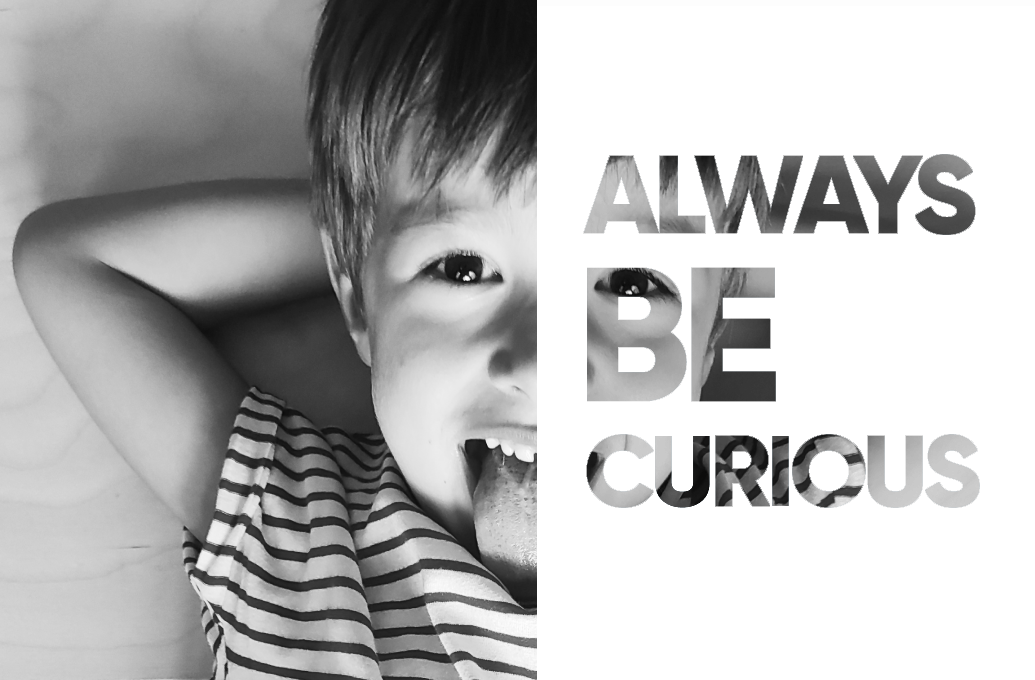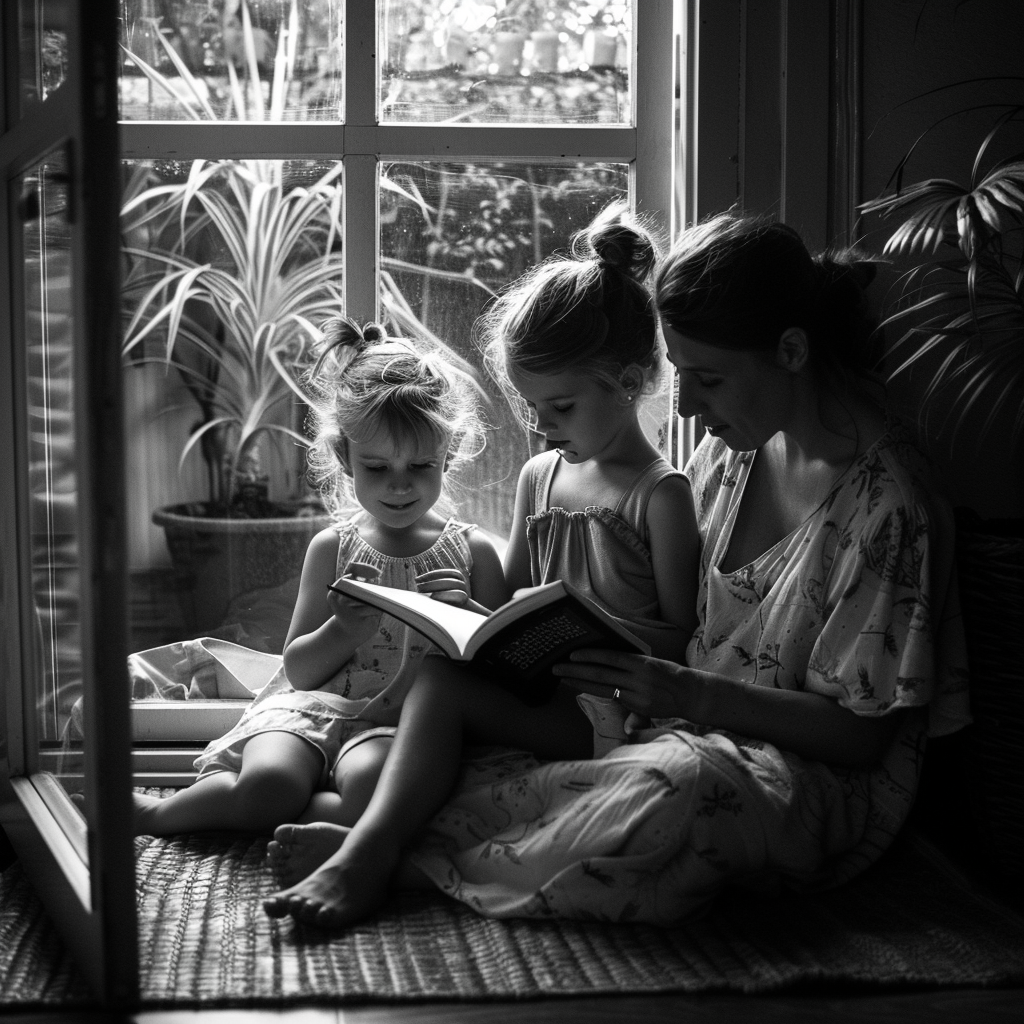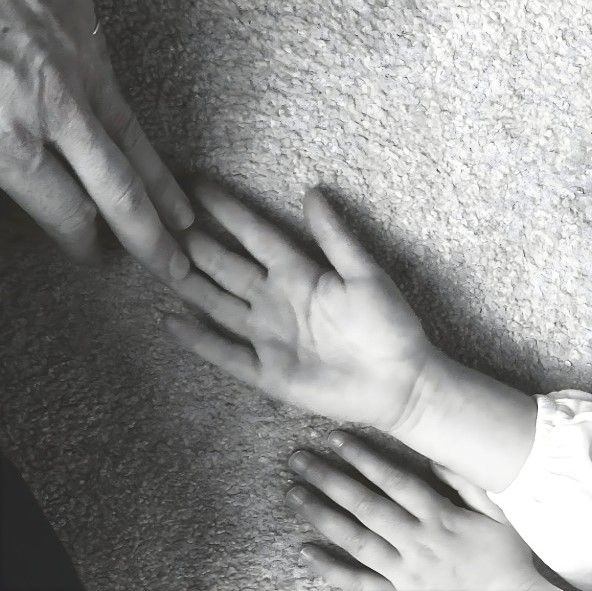
MENU


Distractions were key to the survival of our species. When we lived surrounded by predators an unexpected noise, touch, or light would signal a possible danger and allow our brains to quickly switch off whatever task we were doing so we could run: The famous fight or flight. Since we no longer live in these conditions, we should be more capable of prolonged concentration. We are not. And that is because we are bombarded by notifications.
As Cal Newport puts it in his book, “a deep life is a good life.” A deep life is one in which you can focus, and be attentive to what you are doing at any specific moment, with little distractions. Within this framework, every action counts. Be it cooking, having a conversation with a friend, writing a book, reading a scientific paper, closing a business deal, writing an email, listening to the sound of birds, playing with a child, staring at your parents’ eyes and reflecting on where you come from, taking a shower and being conscious of the water sliding down your body. What is a life but the one you can live being fully present, across moments and places?
Our working memory is what allow us to function and perform. The key actor that powers our working memory is the prefrontal cortex; in humans it is more developed than in any other animal. The prefrontal cortex is the last to mature, and the first to deteriorate, and it helps us plan, organise, analyse, and reason. Given that we have this extraordinary tool at our disposal, to be efficient and productive, how come we continue to fall sort of our goals? One answer is: notifications.
I spend many hours every day with my daughters. I used to do so while constantly feeling stressed. Stressed, because it never felt like enough time, and because during that limited time, I always felt rushed. Rushed by the routine, anxious when things unfolded differently than I had anticipated, or even confused when not understanding my girls’ behaviours. I would have never have imagined that limiting WhatsApp would be one of the interventions that would decrease that stress!
I have limited WhatsApp to three hours per day. One in the middle of the day, and two after bed time. Being (self-)prohibited from checking WhatsApp constantly minimised my stress, both while I work and while I am with the girls. This began as an experiment, and it absolutely worked.
WhatsApp was my distraction, a “to-do” in the back of my mind, an unknown and unwanted source of nagging, a secret list of things to be achieved, without trusting my priorities. So I asked myself: If we have the capacity to plan and organise, why are we living allowing distractions, which can almost always wait, to shape our lives? When I spend the afternoon with the girls, isn’t the only thing I want, simply being with them? I sometimes use a piece of paper to write down things I need to send or small reminders that come to my mind all of a sudden.
Now, when I work I work, and when I am with the girls I am with the girls. Since there are no more distraction from my phone, I observe more, I am more patient with their behaviours, I stress less, I am more aware of their personalities, who they are, and the ways in which I can help them to know themselves down to the core. I experience being bored, and creativity pops up! And when no other stimuli are there to capture my mind, suddenly, the art of conversation [and as well with the younger ones] emerges as beautiful entertainment, and being.
I have also realised that not having WhatsApp at my disposal avoided me many internal distractions that affect working memory. Waking up fresh in the morning and planning the first contents that will occupy your mind is crucial. Science has showed time and time again that sunlight should be the first beam your brain sees, not artificial light from your phone. If we read the news in the morning, while it’s a nice habit, it feeds our working memory with information we can usually impact very little. The first hours of the morning are precious: to read, to do this deep work we have to do, to say hello to our loved one and enjoy a breakfast with them.
Try it. It works, I promise.

Every week, we will post a short blog relating to the concept of attention, the latest scientific developments around it, or our updates about our own progress here at Lifeverse!
 Sign up to the blog
Sign up to the blog
If you have an interesting idea that relates to attention, or if you do research on attentional processes and would like your work to be featured on our blog, please reach out - we are always happy to collaborate with brilliant minds from across fields and disciplines!
 Pitch us an idea!
Pitch us an idea!



On this new post our expert explores the concept of attention from a multidisciplinary perspective, pondering its definition, measurement, and significance. It suggests that attention is akin to love, both for oneself and for others. Attention, when fully engaged, enhances experiences and facilitates deeper understanding.
The article draws parallels between attention and acts of caring, such as listening to loved ones. It argues that true attention is essential for experiencing and expressing love. Ultimately, it proposes that exploring attention is synonymous with exploring the capacity for human love, both self-love and love for others.



This article explores the unique types of attention parents develop, particularly those dedicating substantial time to their children. Identifying two distinct attention modes—focused and rote—the author reflects on the challenges and engagement levels associated with each. Drawing from personal experiences, the author discusses the pursuit of achieving a state of “flow” with one’s children, akin to the immersive state described by psychologist Mihaly Csikszentmihalyi.
The narrative also touches on concerns about diminishing self-regulation in a screen-dominated world, referencing a study’s findings on the impact of screens on children’s self-control.



In this new article our expert reflects on the natural parental fear of their child falling ill and shares a shift in perspective towards sickness. Instead of solely worrying, our expert sees it as an opportunity to listen to their body, be present in the moment, and understand the concept of care.




We shared a personal experience with a five-year-old children, exploring the art of observation and learning through a simple carrot. Embracing Feynman’s approach and impactful lessons from “What Do You Care What Other People Think?”, we aimed to make learning enjoyable and engaging. We highlighted the significance of understanding beyond names—embracing the curiosity to observe and explore. Join us on this incredible journey of exploring the wonders of how the brain learn!




The statements “Everyone knows what attention is” (James, 1890) and “No one knows what attention is” (Hommel et al., 2019) may seem contradictory, but they can coexist. William James refers to a common, intuitive understanding of attention, seen in everyday phrases like “give me attention.”
On the other hand, Hommel and colleagues highlight the evolving and sometimes contradictory scientific accounts of attention. While lay individuals agree on what attention is, scientists can have ongoing debates.




How can caregivers master the art of observing children? What can we learn by simply following a child’s natural instincts and development? And how does that challenge traditional approaches to education?
This blog post offers some thoughts and reflections from parents, a Montessori guide, and a paediatric neurologist on these questions!


On this new post our expert explores the concept of attention from a multidisciplinary perspective, pondering its definition, measurement, and significance. It suggests that attention is akin to love, both for oneself and for others. Attention, when fully engaged, enhances experiences and facilitates deeper understanding.
The article draws parallels between attention and acts of caring, such as listening to loved ones. It argues that true attention is essential for experiencing and expressing love. Ultimately, it proposes that exploring attention is synonymous with exploring the capacity for human love, both self-love and love for others.
Label
09-04-24

This article explores the unique types of attention parents develop, particularly those dedicating substantial time to their children. Identifying two distinct attention modes—focused and rote—the author reflects on the challenges and engagement levels associated with each. Drawing from personal experiences, the author discusses the pursuit of achieving a state of “flow” with one’s children, akin to the immersive state described by psychologist Mihaly Csikszentmihalyi.
The narrative also touches on concerns about diminishing self-regulation in a screen-dominated world, referencing a study’s findings on the impact of screens on children’s self-control.
Label
06-03-24

In this new article our expert reflects on the natural parental fear of their child falling ill and shares a shift in perspective towards sickness. Instead of solely worrying, our expert sees it as an opportunity to listen to their body, be present in the moment, and understand the concept of care.
Science

29-02-24

We shared a personal experience with a five-year-old children, exploring the art of observation and learning through a simple carrot. Embracing Feynman’s approach and impactful lessons from “What Do You Care What Other People Think?”, we aimed to make learning enjoyable and engaging. We highlighted the significance of understanding beyond names—embracing the curiosity to observe and explore. Join us on this incredible journey of exploring the wonders of how the brain learn!
Science

06-02-24

The statements “Everyone knows what attention is” (James, 1890) and “No one knows what attention is” (Hommel et al., 2019) may seem contradictory, but they can coexist. William James refers to a common, intuitive understanding of attention, seen in everyday phrases like “give me attention.”
On the other hand, Hommel and colleagues highlight the evolving and sometimes contradictory scientific accounts of attention. While lay individuals agree on what attention is, scientists can have ongoing debates.
Science

12-01-24

How can caregivers master the art of observing children? What can we learn by simply following a child’s natural instincts and development? And how does that challenge traditional approaches to education?
This blog post offers some thoughts and reflections from parents, a Montessori guide, and a paediatric neurologist on these questions!
Science

13-12-23
If you have an interesting idea that relates to attention, or if you do research on attentional processes and would like your work to be featured on our blog, please reach out - we are always happy to collaborate with brilliant minds from across fields and disciplines!
 Pitch us a blog idea!
Pitch us a blog idea!
Every week, we will post a short blog relating to the concept of attention, the latest scientific developments around it, or our updates about our own progress here at Lifeverse!
 Sign up to the blog
Sign up to the blog